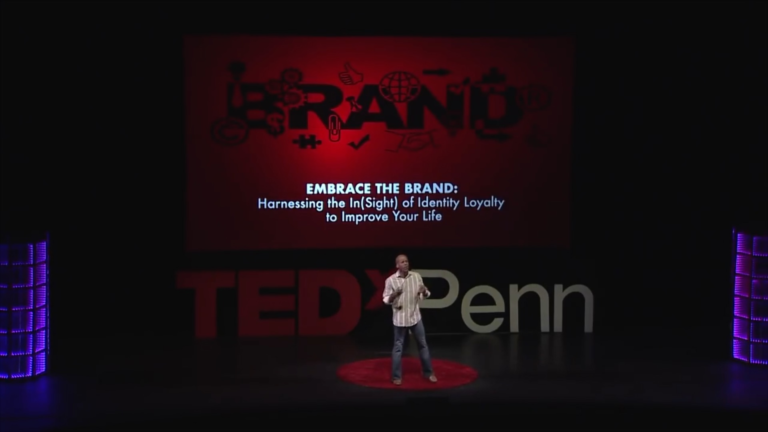I’ve spent a significant amount of time exploring the transformative power of branding and marketing, particularly the concept of identity loyalty. I firmly believe in the potential of marketing as a positive force. So, let’s dispel the notion of marketers as manipulative puppet masters and start appreciating the positive impact of branding.
Recognize the Power of Brands
Brands are more than just logos; they’re value-driven meaning systems that resonate with our personal identities. Just think about it: when you see the Apple logo, your mind instantly conjures images of creativity, modern design, and sleek products. When you see the Nike swoosh, you think, “Just Do It!” This ability to align with your identity makes brands a potent symbol of self-expression. Remember, the strongest brands can form a deep connection with your identity, sparking what I call “identity loyalty.”
Embrace Identity Loyalty
Identity loyalty is not just about being a fan of a brand; it’s about the brand becoming an extension of your self-identity. This deep connection goes beyond product features, making the brand an integral part of your life. This phenomenon is evident in the passion of Apple loyalists, whose fierce devotion to the brand mirrors their love for their own identity. When identity loyalty sets in, it is indeed a powerful motivator.
The Power of ‘Why’ in Branding
Simon Sinek, in his popular TEDTalk, made an excellent point: “People don’t buy what you do. They buy why you do it”. Brands with a compelling ‘why’ can connect deeply with consumers’ ‘who’. This is the nirvana of marketing, the Holy Grail that marketers seek. The power of a brand to communicate its values and become part of your identity, that’s what identity loyalty is all about.
Identity loyalty transforms consumers into brand ambassadors. You not only willingly pay more for your chosen brand but also defend it against competition because it feels like a part of you. This potent internal switching cost keeps you loyal to your brand, providing marketers with a highly engaged audience.
Marketing as a Force for Good
Marketing doesn’t have to be manipulative or insidious. It can be a positive force, facilitating healthier choices and happier lives. For example, a brand that successfully encourages a healthy lifestyle can motivate you to exercise more, aligning wellness with your self-identity. Additionally, choosing to work for a company whose values resonate with yours can result in greater job satisfaction and productivity.
In conclusion, branding is not just about selling products. It’s about connecting with consumers on a deeper, more psychological level. Understanding and harnessing the power of identity loyalty can bring positivity, affiliation, and happiness into your life. Let’s embrace this new marketing paradigm, see beyond the surface-level materialism, and unlock the deeper psychological motivations that drive our consumer behavior.
To learn more about identity marketing, branding, and pop culture, follow me on social media!






